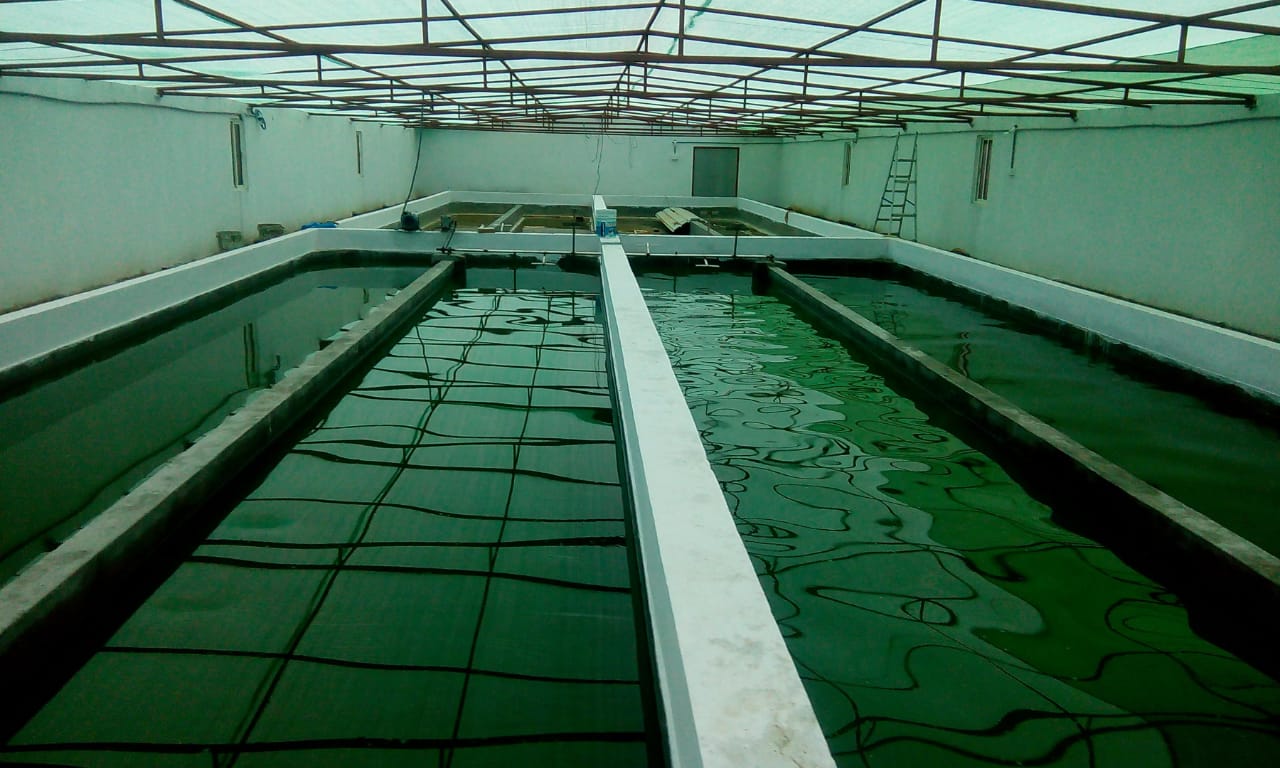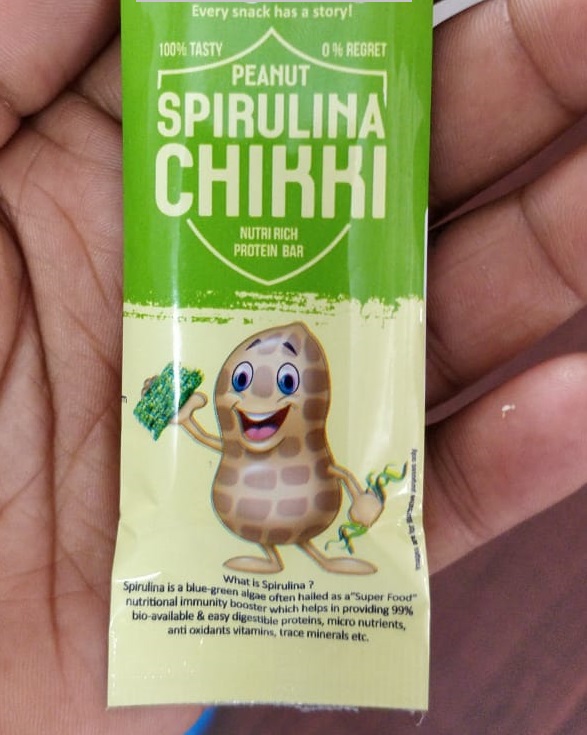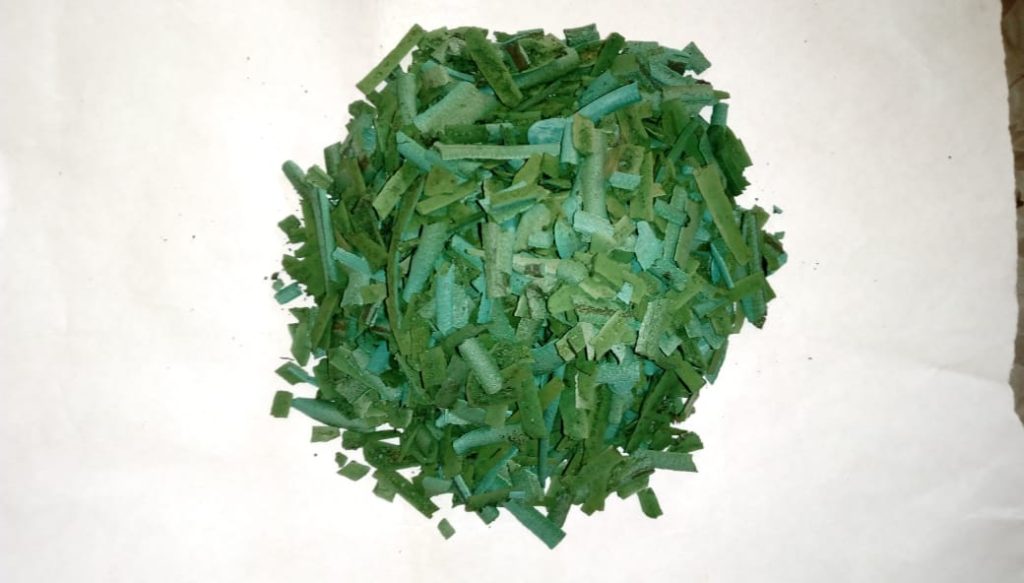( Article is written by Shaik Salman Asharaf who is a Research Scholar on Social Entrepreneurship at the Department of Social Engineering, Rajiv Gandhi National Institute of Youth Development, India.)
As part of practicum work during my Master’s studies, I visited an organization OfERR, a social enterprise run by Sri Lankan refugees in Navalur, Chennai. That was the first time I heard the name “Spirulina”. Apart from several social initiatives, the organization is cultivating and manufacturing various food products and cosmetics based on Spirulina. There I familiarized myself about the benefits of Spirulina and its significance in combating child malnutrition. This visit gave me scope to think about the problem of child malnutrition. To understand the problem of child malnutrition in more depth, I went through an extensive literature review and understood from the statistics of UNICEF that nearly half of all deaths in children under the age of 5 years are caused by undernutrition. Even as per the recent Global Nutrition Report 2020, 37.9% of children under the age of 5 years are stunted in India.
Subsequently, I tried to explore how Spirulina can be a suitable solution for the child malnutrition problem. In the process of exploring, I understood that nature has given a lot of superfoods to humankind and Spirulina is one among them. As ecologically sound, Spirulina is a microalgae that grows in freshwater. It has rich nutrient values of proteins, vitamins, carbohydrates, minerals, essential amino and fatty acids.
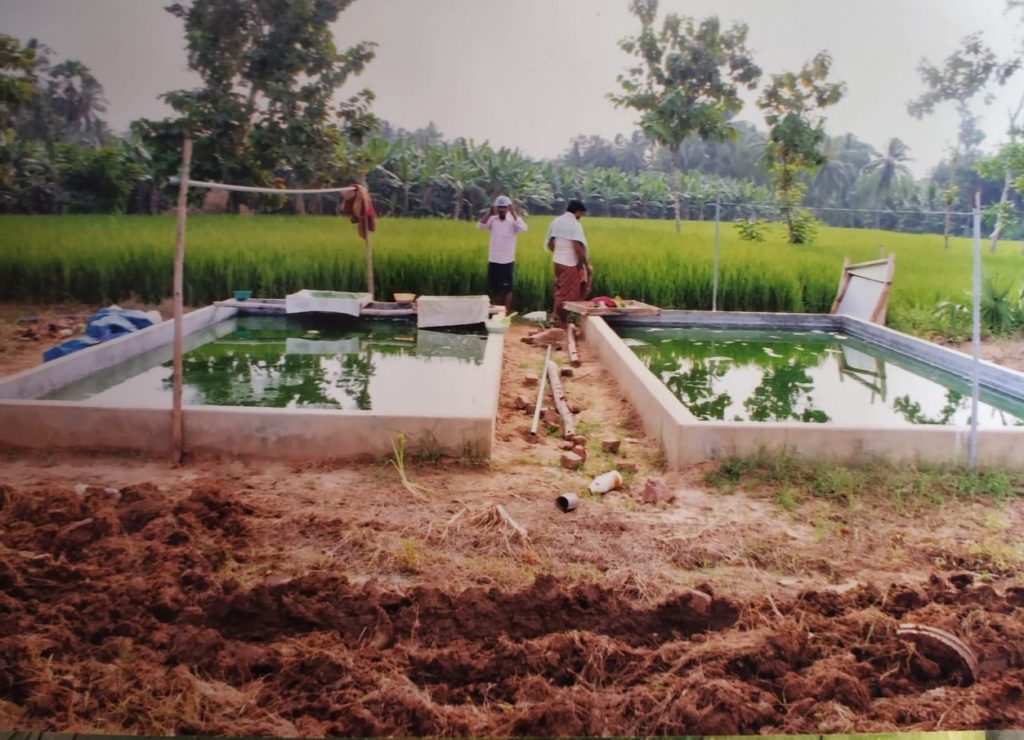
The nutritional value of one gram Spirulina is equivalent to one kilogram of assorted vegetables and fruits. NASA also recognized the importance of Spirulina and used it as a dietary supplement for astronauts on space missions. In 1974, the United Nations focused on the global problem of hunger and malnutrition at the World Food Conference and declared Spirulina as “Best Food for the Future” to fight malnutrition, especially among children. Poverty is one of the major determinants of malnutrition which results in the lack of access to nutritious dietary intake in underdeveloped and developing nations. At the global level, the Intergovernmental Institution for the use of microalgae Spirulina against malnutrition (IIMSAM) is an autonomous entity under the United Nations which is exclusively promoting Spirulina to address the malnutrition problem among children.
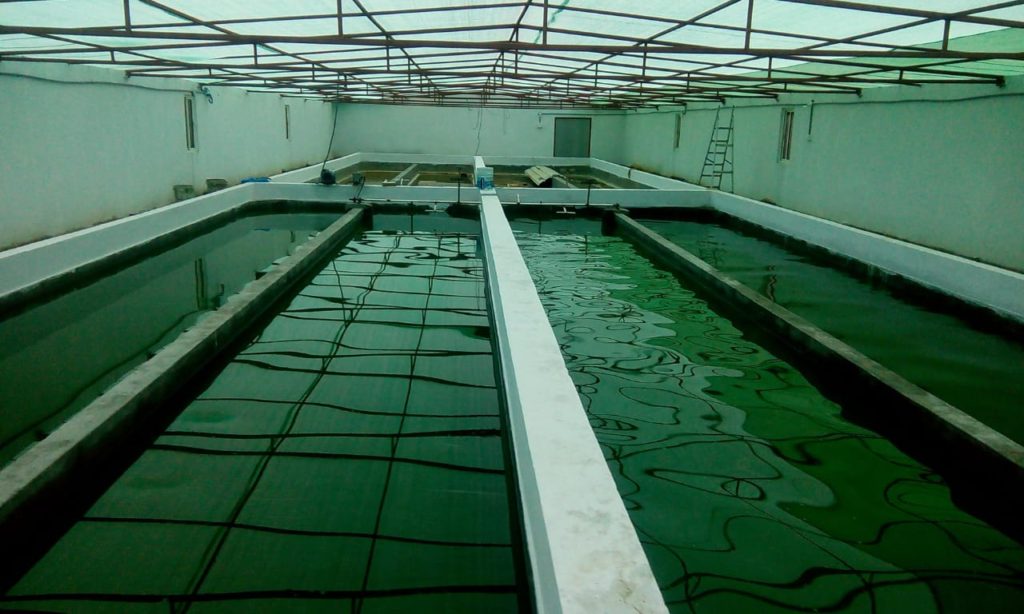
Further, all these theoretical concepts on Spirulina moved me to explore the practical scenario. I came to know that under the CSR activities of JSW Group, JSW Foundation is distributing the Spirulina granules to children under the age of 5 years in the Hospet region in the state of Karnataka. So I decided to do my dissertation on how Spirulina can be an effective food supplement to combat child malnutrition. I went to Hospet and interacted with officials, team members and other stakeholders of the Mission against Malnutrition Project of JSW Foundation.
Under this project, they have done the baseline survey and distributed Spirulina granules to children who are in severe acute malnutrition (SAM) and moderate acute malnutrition (MAM). Out of 100 percent, 92 percent are MAM children and 8 percent are SAM children. After 120 days of continuously taking Spirulina, I collected data and analyzed the results as per the malnutrition checking scale developed by the Government of Karnataka. The results showed that all the 92 percent of MAM children have completely overcome the malnutrition problem and out of 8 percent of SAM children, 4 percent have overcome from SAM to MAM. The results surprised me and I found that Spirulina has a great impact in combating child malnutrition.
In India, the awareness of Spirulina is rapidly growing and several Spirulina based products in various forms are available in the markets such as powder, tablets, granules, juices, biscuits and chocolates. Even many Non Governmental Organizations and Corporate Organizations are providing Spirulina to children under their CSR activities to combat malnutrition. The research studies on Spirulina showcases a significant scope in addressing the problem of child malnutrition.
As a Research Scholar in social entrepreneurship, I observed that Spirulina based social enterprises have a huge potential for an entrepreneurial opportunity and also to solve the child malnutrition problem sustainably.


